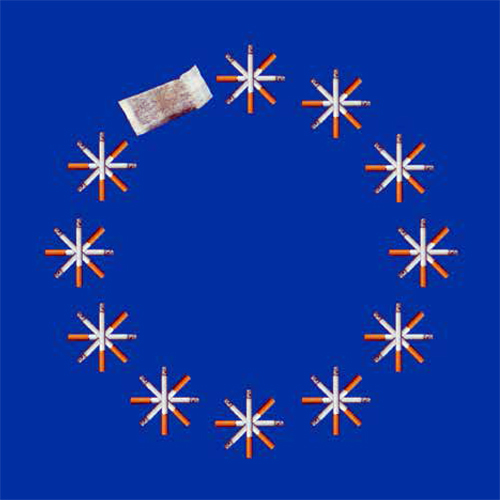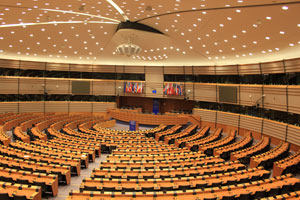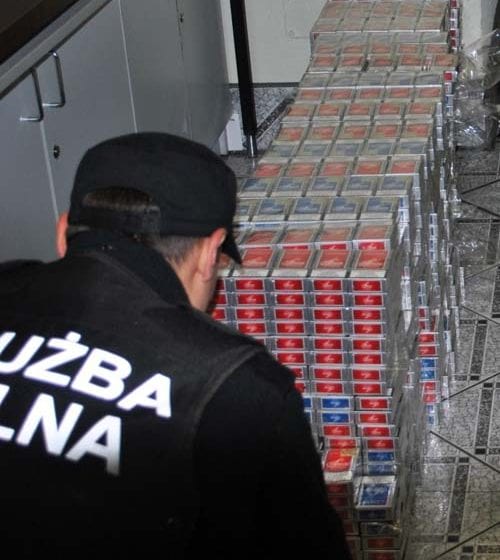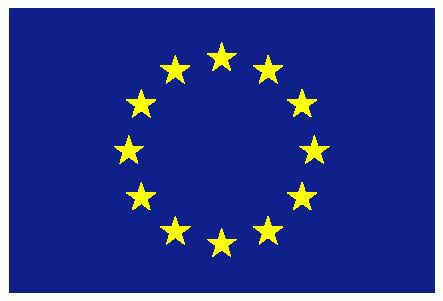A Finnish member of the EU Parliament has asked the Commission what member states intend to do to reduce the use of snus by young people.
In a preamble to two questions that the Commission is due to answer in writing, Merja Kyllönen said Directive 2014/40/EU required member states to prohibit the placing on the market of tobacco products, such as snus, with characterising flavors.
‘The purpose of banning characterising flavours and aromas (Directives 89/622/EEC and 92/41/EEC) is to make products less tempting, particularly to young people,’ she said.
‘The use of snus is increasing, especially among young people. Experts are of the opinion that banning the use of flavorings in snus would reduce its use.
‘In addition, young people and new users are drawn to snus by its attractive retail packaging.
‘Prolonged use of snus results in various types of damage to the mouth area. It particularly affects the biting surfaces of teeth and the gums. The damage caused by snus can be greater for young people than for adults, because young people’s gums are more sensitive. Nicotine in snus has similar effects to nicotine in tobacco, including insomnia, headaches and changes to the nervous system. Using snus brings about a significant increase in the risk of cancers of the mouth, throat and pancreas and is also linked to cardiovascular disease.’
Kyllönen asked:
- ‘What do member states intend to do to reduce the use of snus by young people?
- ‘Are there any plans for reducing the attractiveness of snus to young people and new users by taking measures with regard to the appearance of retail packaging so as to add appropriate health warnings in the form of a combination of pictures and text?’
[The EU bans the sale of snus in all member states except Sweden.]








